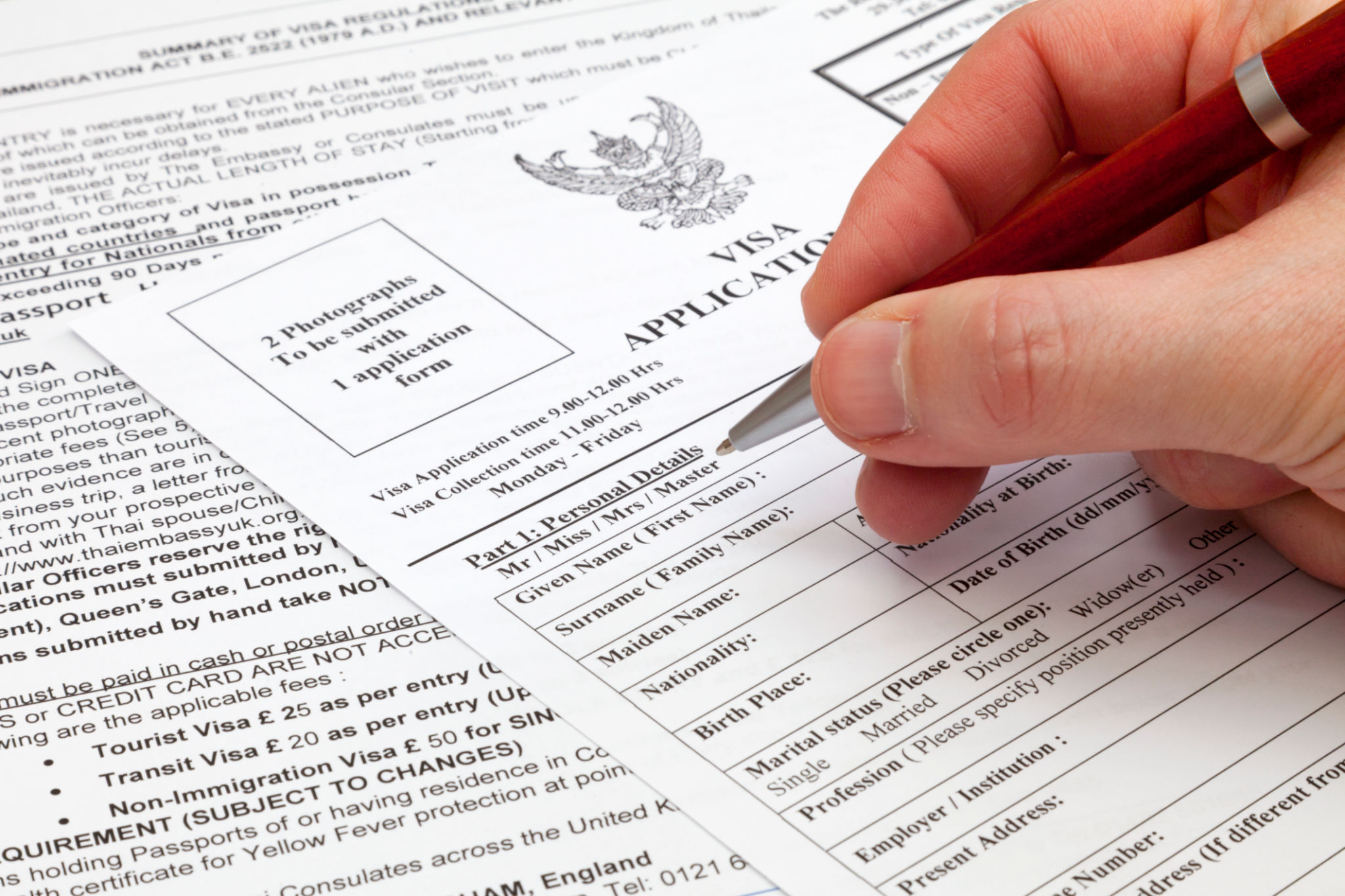Comparing Visa Types: Which Thai Visa is Right for You?
Understanding Thai Visa Options
Traveling to Thailand is an exciting adventure, but before you pack your bags, it's crucial to understand the different visa options available. Whether you're planning a short vacation, a long-term stay, or considering relocation for work or retirement, choosing the right visa is essential to ensure a smooth journey.
There are several types of visas that cater to different needs and purposes. This guide will help you navigate through the most common Thai visas, highlighting their unique features and requirements.

Tourist Visa
If you're visiting Thailand for leisure or sightseeing, the Tourist Visa (TR) is the best option. This visa typically allows for a stay of up to 60 days and can often be extended for an additional 30 days. It's important to note that this visa is strictly for tourism purposes, and any form of employment is prohibited during your stay.
Requirements for a Tourist Visa include a valid passport, completed application form, recent photographs, and proof of onward travel. Some embassies may also request financial evidence, such as bank statements, to ensure you can support yourself during your visit.

Non-Immigrant Visa
The Non-Immigrant Visa is a versatile option suitable for various purposes, such as business, education, or visiting family. This visa is categorized into different types based on the applicant's intent:
- Business Visa (Non-B): For individuals conducting business or attending meetings.
- Education Visa (Non-ED): For students enrolling in educational courses or programs.
- Family Visa (Non-O): For visiting family members residing in Thailand.
The duration of stay for a Non-Immigrant Visa varies but usually starts with a 90-day period, with potential extensions depending on circumstances.
Retirement Visa
Thailand is a popular destination for retirees looking to enjoy their golden years in a serene environment. The Retirement Visa (O-A) is specifically designed for individuals aged 50 and above. This visa grants a one-year stay with the possibility of renewal.

To qualify for a Retirement Visa, applicants must meet financial requirements, such as a monthly income of at least 65,000 THB or savings of 800,000 THB in a Thai bank account. Health insurance policies covering the duration of the stay are also mandatory.
Smart Visa
The Smart Visa is an innovative option aimed at attracting skilled professionals, investors, executives, and startup entrepreneurs within specific industries. This visa provides an extended stay of up to four years and offers various benefits, including the ability to work without a work permit and exemption from the 90-day reporting requirement.
Applicants for the Smart Visa must demonstrate expertise or investment in targeted industries like technology, innovation, or healthcare. The application process involves multiple steps and coordination with the Board of Investment of Thailand.

Visa Exemption and On-Arrival Visa
For short-term visits not exceeding 30 days, many nationalities can enter Thailand without a visa under the Visa Exemption rule. Alternatively, travelers from eligible countries can obtain a Visa on Arrival (VoA) for a stay of up to 15 days. These options are ideal for spontaneous trips when planning ahead isn't feasible.
It's essential to check your eligibility for these options before traveling, as regulations can change frequently.
Conclusion
Choosing the right Thai visa depends on your purpose of visit and duration of stay. Whether you're exploring as a tourist, conducting business, pursuing education, retiring, or seeking new opportunities, understanding each visa type ensures compliance with Thai immigration laws and enhances your travel experience.
Before applying, it's advisable to contact the nearest Thai embassy or consulate for the most up-to-date information and specific requirements related to your situation. Proper preparation will pave the way for a memorable and stress-free stay in the Land of Smiles.